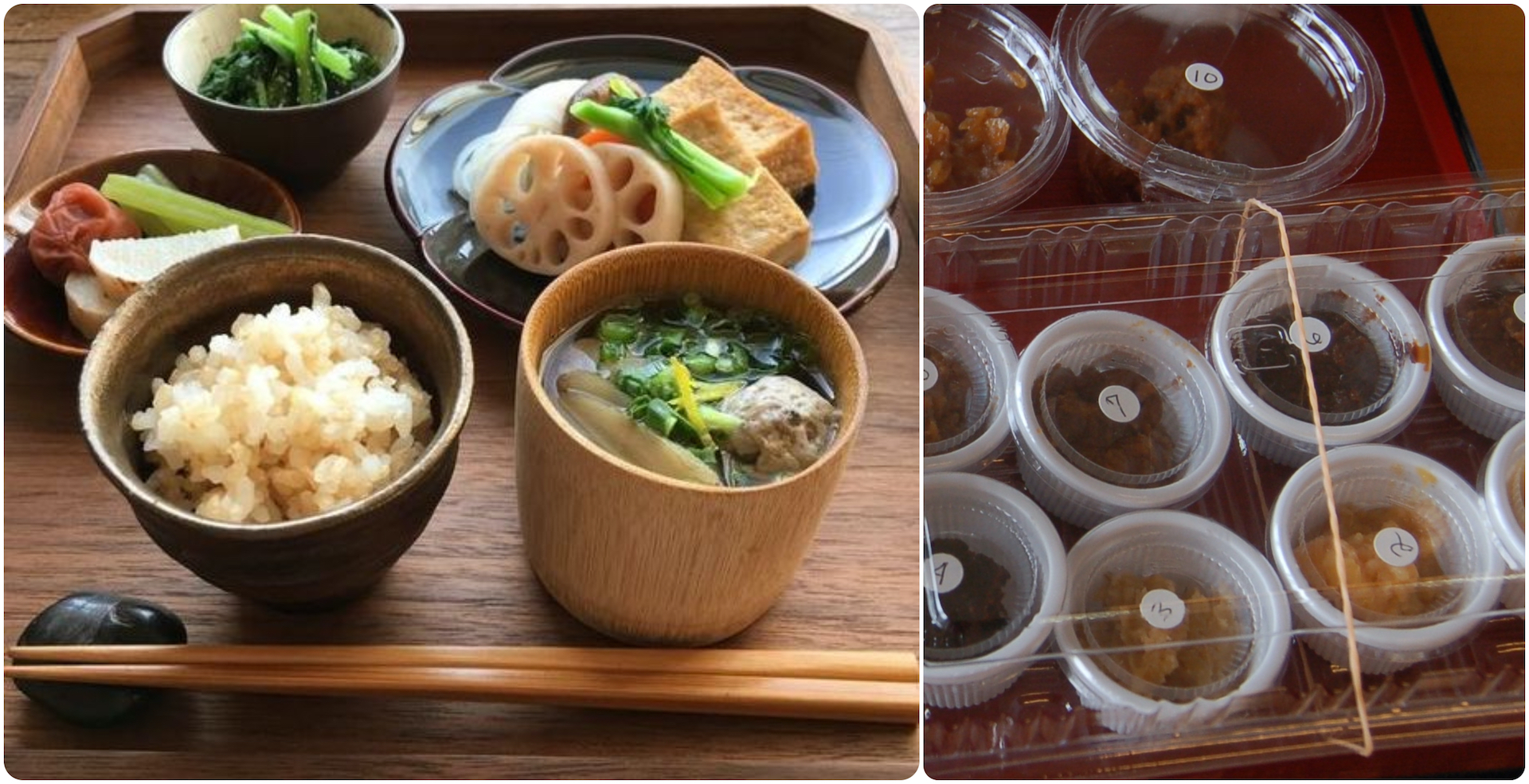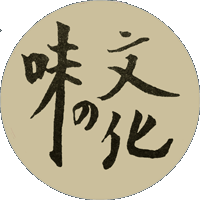Custom Programs
English language culinary arts programs in Tokyo, Japan
Hands-on Cooking
workshop for small groups- Group price (1 to 4 people)
- 10:30 – 3:30
- Hands-on food preparation
- Demonstration & lecture
- Lunch & beverages included
- Vegan or omnivore menu
- Located in Setagaya-ku, Tokyo
Program Descriptions
Hands-On Cooking workshops at A Taste of Culture are single session programs for small groups; the food we prepare during our hands-on kitchen session becomes our luncheon. Celebrating the best of what each season has to offer is a basic tenet of washoku cookery and it guides the selection of foodstuffs and choice of dishes to be made with them during our workshop. The philosophy of kansha – using food fully – is utilized in all programs regardless of specific foodstuffs. We prepare and partake of nutritionally balanced, aesthetically satisfying, Japanese home-style fare. As we cook, we sample a wide range of related ingredients.
Menu planning and plating-presentation are important aspects of hands-on workshops. Attention is given to the choice of vessels used to serve and display food. Participants get to choose from a large selection of tableware and accessories in arranging their lunch trays.
To ensure the best experience in A Taste of Culture’s home kitchen facility, participants for a hands-on cooking program are limited to four people.
Hands-on Workshops begin at 10:30 am and finish at about 3:30 pm.
Menu Options
WASHOKU menus are assembled from mostly vegetables, a bit of fish, perhaps some meat or eggs.
KANSHA menus are vegan; no animal products are included.
Water and green tea are available throughout all programs.
In all programs, the philosophy of kansha—using food fully—is used regardless of specific foodstuffs.
Please read our Policies and FAQ before completing the form below.
Pricing & Payment
Hands-on cooking workshop: ¥50,000 and up. This is the basic group price for one to four participants. Discounts are not given based on group size. Special ingredients requested may increase the program cost.
To finalize arrangements, payment for the full amount of the invoice must be received from a single person (the group leader). We do not accept partial payments from individual participants. Tuition fees are invoiced and payable through PayPal.
How to Request a Custom Program
Requests are being accepted for programs to be delivered from APRIL 2026 onward. Please fill in the form below.
Be sure to include your preferred dates, number of participants, and menu preference. We will be in touch to confirm the details.
All form fields marked with * are required.
Custom Program Request
Notes
Instruction at A Taste of Culture is in English. A Taste of Culture’s mission is to empower participants in the ways of the Japanese kitchen, providing them with basic skills and knowledge regarding traditional/classical cooking methods, equipment, ingredients, menu planning, and food presentation. By focusing on essential foodstuffs and procedures, program participants will be able to re-create authentic Japanese cuisine no matter where in the world they may be.
A Taste of Culture does not offer instruction in the preparation of raw-fish dishes. The topic of selecting and handling a variety of fish to be consumed raw, is a subject that I believe is beyond the scope of any short program I could deliver. However, the menu-curriculum at A Taste of Culture can include the preparation of sushi meshi rice combined with cooked, smoked, and/or pickled fish, egg, and vegetables. Techniques for rolling, pressing and layering can be included in the curriculum.
Please see our Cancellation Policy and other FAQs.
The day we spent cooking with Elizabeth brought Japanese culture to life for us in ways only sharing time in the kitchen can do. When we arrived, Elizabeth and her gracious husband Atsunori, welcomed us into their home…the perfect place to learn more about traditional Japanese cooking. We tasted, compared, cooked and learned about Japanese ingredients all against a backdrop of gaining new understanding of the philosophy of balance and harmony that underpins the Japanese meal. Nature, local seasonal ingredients, presentation and, of course, taste all combine to create Washoku in Elizabeth’s kitchen. One word to describe the entire experience: Oishii!!
Praise for
A Taste of Culture
It seems anyone who has flown over a country in daylight can be a food writer/expert these days. Elizabeth Andoh is the real deal. I have lived and traveled in Japan extensively for nearly 30 years, but it was Elizabeth, with her encyclopedic knowledge of Japanese cuisine, faithfulness to Washoku practices, and attention to detail, that made all the cultural puzzle pieces fit together for me. She has the unique ability to explain Japanese cuisine and culture in English in a way a Japanese person would. Expertise like hers is rare and a treasure.
During our many visits to Japan, I took several cooking classes (in Tokyo and Kyoto), both with Japanese home cooks and professional chefs. But finally I planned a special trip with the main purpose to be able to participate in one of Andoh-sensei’s “Intensive 3-day Workshops” and luckily found what I had been looking for all these years: excellent preparation as well as exceptional course material, intensive but highly structured content, learning not only the “what” but also the “why”, a “taste of (Japanese) culture” in its literal sense and in her home, access to a wealth of information even after the workshop, and so much more. Therefore, I was more than happy to come back with my son for a “private class + market tour” as well as for her excellent “tsukémono” workshop – we are forever grateful for the great experience and hospitality. A real “highlight” worth at least one special trip!
